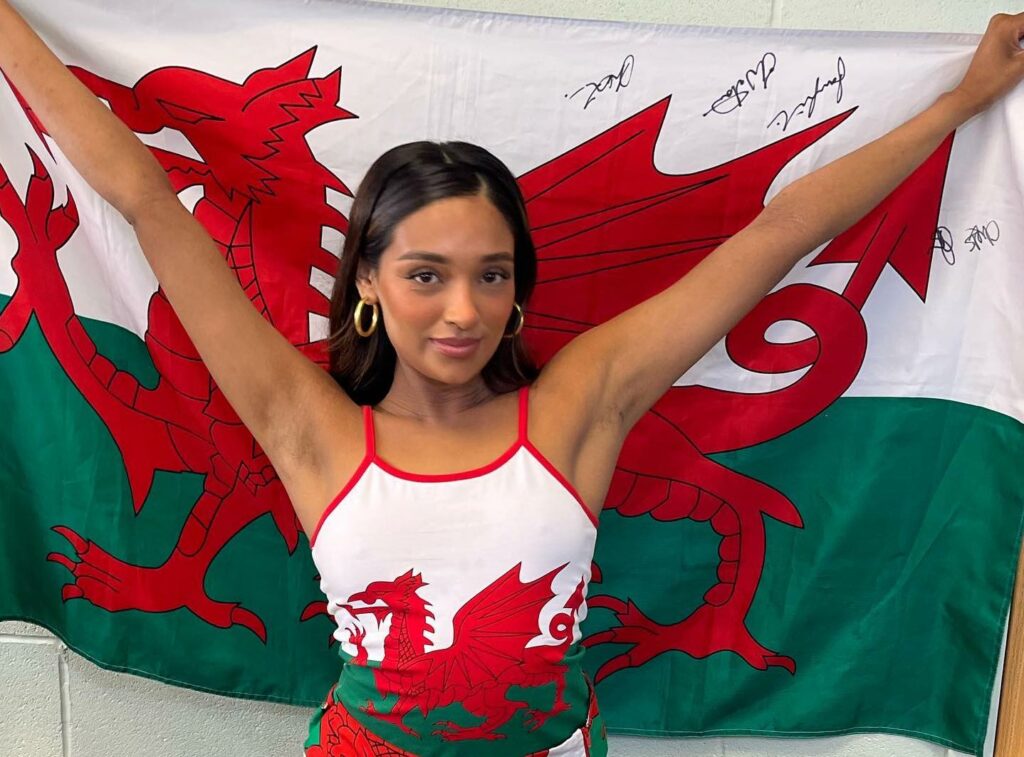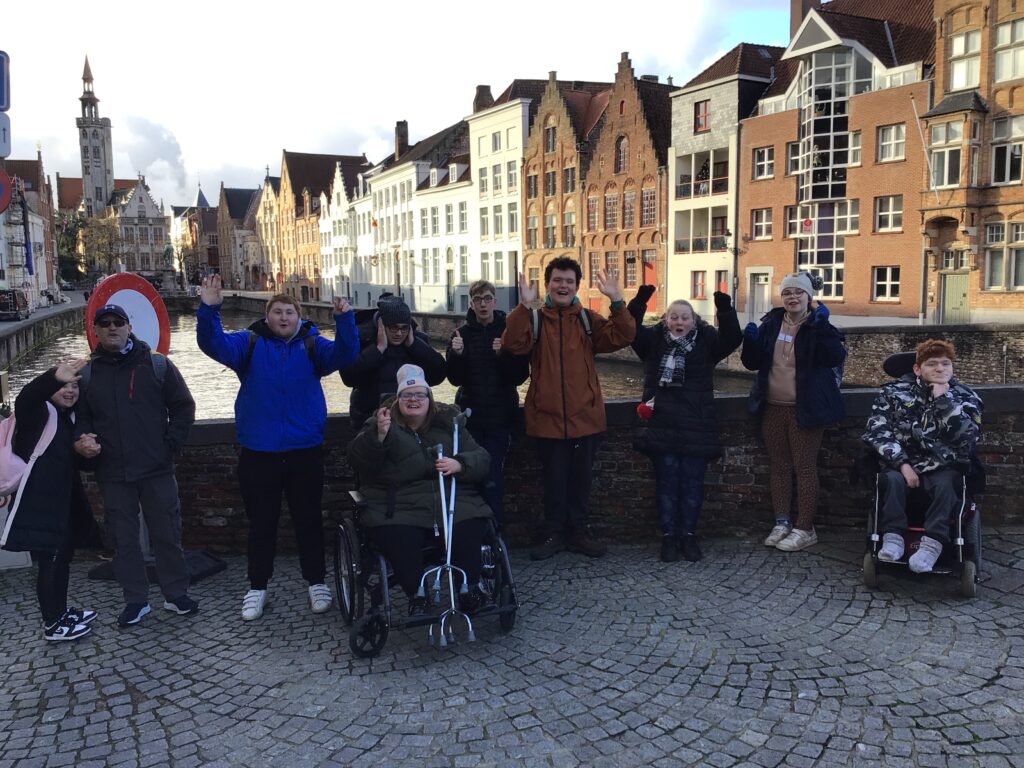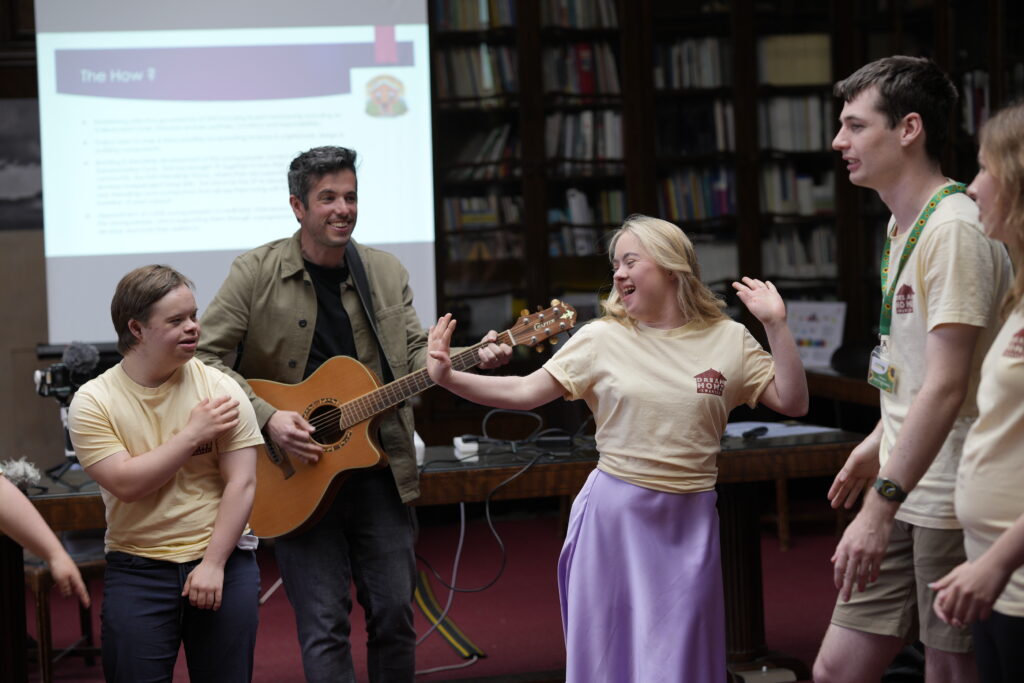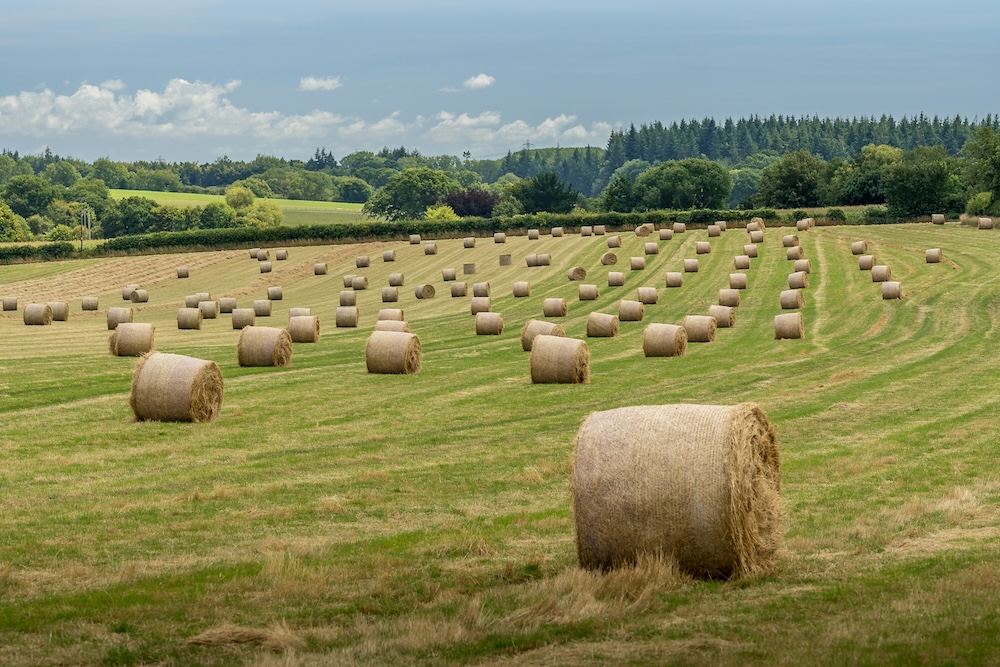Rhia Danis interviews Mohima Hussain about her experience of racism as a finalist of the Miss Wales Pageant 2023.
In 2023, Mohima Hussain, a young Mental Health nurse from Anglesey, became a finalist for the Miss Wales competition. What should have been a moment of celebration gave way to manifestations of racism at her ethnicity. Comments about Mohima’s race, background and questions about whether she was ‘truly Welsh’ revealed divisive attitudes and pervasive prejudice in areas across the country.
In a poll created by ICM Unlimited, 2 in 5 residents in Wales believe that there is an increase in racial prejudice in comparison to 5 years ago. They also found that only 18% of residents felt that racial prejudice would decrease in the next 5 years, whilst 31% think it will increase. These statistics are not surprising.
I spoke to Miss Wales finalist, Mohima Hussain, in an effort to uncover the way people discuss and understand Welsh identity and the ways in which minority groups in Wales contribute to it.
Innovative. Informed. Independent.
Your support can help us make Wales better.
The Miss Wales pageant is the national contributor for Miss World, the longest running beauty pageant in the world. During their course, finalists fundraise for the partner charity ‘Beauty With a Purpose’ which supports children from disadvantaged backgrounds. Since 2004, the charity has raised £750,000 to help children across the globe.
Mohima joined as finalist in 2023 as an elective for the Isle of Anglesey. Like many in Wales, Mohima is from a dual Bengali and Welsh background. As a fluent speaker of both languages, Mohima detailed how her ability to speak Welsh influenced people’s attitude towards her:
‘I feel like people’s attitudes are a lot more positive towards me as opposed to if I wasn’t a Welsh speaker. People really accept me and look at me as a ‘Welsh girl’ whereas I could still be a Welsh girl if I didn’t speak Welsh because I’ve been born in Wales. They feel more familiar with me when I speak Welsh. People definitely treat me differently because I speak Welsh and I know that attitudes wouldn’t be so positive if I couldn’t speak the language.’
Mohima says that people are often surprised that she can speak Welsh, she states, ‘people seem shocked which I don’t understand really, because I make it so clear that I’m very local. I have the same accent as everyone else, I was born in Bangor Hospital. People are shocked especially now that I’ve moved to Cardiff, they’re surprised that I speak Welsh but I think that’s more so because there’s not many Welsh speakers here. It does influence the way people treat me. The surprise always makes me giggle a bit. I am from here; I’ve lived here all my life. I am more from Wales, arguably, than I am from Bangladesh where my parents originate from.’
‘The surprise always makes me giggle a bit. I am from here; I’ve lived here all my life. I am more from Wales, arguably, than I am from Bangladesh where my parents originate from.’
Mohima’s connection to her home of Anglesey is unsurprising given that she was both born and raised there. However, not everyone was accepting of her acute sense of belonging. Once news of her involvement in the pageant was shared online, she became the subject of online abuse. When asked when she first noticed any racism towards competing, Mohima shares: ‘the first racist comments were after my piece on Wales Online was posted on Twitter. I also noticed the other girls had more positive comments whereas I had a lot of comments on the way I looked different compared to the others.’
Robust debate and agenda-setting research.
Support Wales’ leading independent think tank.
Speaking on her experience, Mohima shared how participation in the pageant influenced her view of identity, and how whiteness is often viewed as a natural extension of Welshness. When asked what encouraged her to compete in the pageant, Mohima replied:
‘I was apprehensive at first competing in Miss Wales as I had never seen any Asian representation on it. I had also not known many people in my area who had competed. However, my family, friends, and colleagues were all so supportive of me. I had lots of support from the people of Anglesey and I have never felt so celebrated. As a result of being in the public eye I had also received some negative and racist comments and messages, mainly about how I was using the ‘race card’. This upset me as these people had overlooked all the charity and voluntary work I had taken during my Miss Wales journey.’
More broadly, it suggests that as a nation we still have a lot of work to do with understanding our identity.
When exploring representation and race, it can at times seem like all people of colour are grouped into one category. Debates around Mohima’s right to the title as Miss Wales stemmed from arguments that the current Miss Wales 2022 winner, Darcey Corria, was of mixed heritage. Some people felt irritated at the potential of two women of colour representing Wales. But both Mohima and Darcey are from different backgrounds, and their work with Beauty With a Purpose was deeply personal. Being grouped together because they are both minorities speaks to how some parts of Wales may not be ready to fully explore the intersectionalities of race. More broadly, it suggests that as a nation we still have a lot of work to do with understanding our identity.
In an earlier interview discussing BAME representation, Miss Wales 2022 Darcey Corria shared that ‘Growing up, I didn’t see girls who looked like me in the media. I want to show little girls from the BAME community that they too can take up space and have their dreams come true.’
When I ask Mohima about what makes a person Welsh, she replies : ‘Being Welsh isn’t an ethnicity, it’s a culture. I am Bengali and Welsh. I love introducing people to my culture and feel that I am celebrated as a Welsh person. I love celebrating the Welsh language in the same way I love celebrating the Bengali language. Being Welsh is about diversity and a passion for culture.’
I asked Mohima if her experience impacted her view on Welsh identity. Her response was uplifting, stating that ‘Aside from the negativity from a small group of people, I didn’t let this tarnish my view on the majority. I felt extremely celebrated especially in my local area and had lots of positive comments which led me to have an online interview with S4C and other Welsh TV appearances.’
Mohima has since partnered with Show Racism The Red Card, working with secondary school students to challenge racist behaviour and how to be an active ally. She is also currently working on a cooking show exploring recipes across Wales with S4C. Her involvement with the Miss Wales Pageant has uncovered a side of Wales which denies her, and anyone who looks like her, as Welsh. But it has also brought attention to the thriving minority cultures across the nation who continue to celebrate their Welsh identity.
Minority groups in Wales bring diverse perspectives and form alliances that strengthen the call for self-governance. By fostering inclusivity and recognizing the importance of minority rights, the quest for Welsh cohesion can evolve into a shared vision that embraces the diversity of Wales in its entirety.
All articles published on the welsh agenda are subject to IWA’s disclaimer. If you want to support our work tackling Wales’ key challenges, consider becoming a member.





